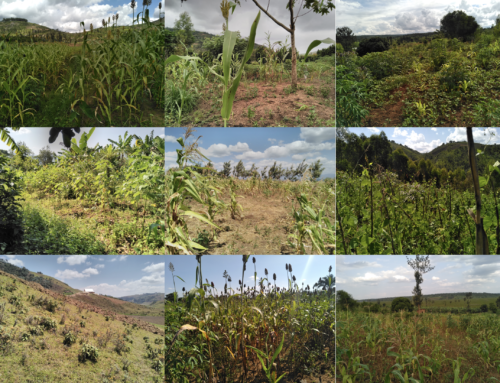Hidden hunger, also known as micronutrient deficiency, is a pervasive and often overlooked form of malnutrition that affects millions of people worldwide. It occurs when individuals consume insufficient amounts of essential vitamins and minerals, such as iron, zinc, vitamin A, and iodine, which are critical for healthy growth, development, and immune function.
Hidden hunger is particularly prevalent in low-income countries where people rely on a limited range of staple foods, which may lack the necessary nutrients. However, it also affects many people in the middle- and high-income countries, especially those living in poverty or who have limited access to nutritious food. In fact, hidden hunger is estimated to affect around 2 billion people globally, making it a significant public health issue.
The consequences of hidden hunger can be severe, particularly for children and women of reproductive age. It can lead to stunted growth, weakened immune systems, and impaired cognitive development, which can have lifelong consequences for health, education, and economic productivity. For pregnant women, micronutrient deficiencies can increase the risk of maternal mortality, premature birth, and low birth weight, which are major contributors to infant mortality and morbidity.
Addressing hidden hunger requires a comprehensive approach that includes both short-term interventions, such as micronutrient supplementation, and long-term strategies to promote healthy diets and sustainable food systems. Strategies may include promoting the consumption of nutrient-rich foods, fortifying staple foods with essential vitamins and minerals, and improving agricultural practices to enhance the nutrient content of crops.
Efforts to address hidden hunger also require strong political will, funding, and partnerships between governments, civil society organizations, and the private sector. While progress has been made in reducing the prevalence of hidden hunger in some countries, there is still much work to be done to ensure that all people have access to the essential nutrients they need to live healthy and productive lives.


